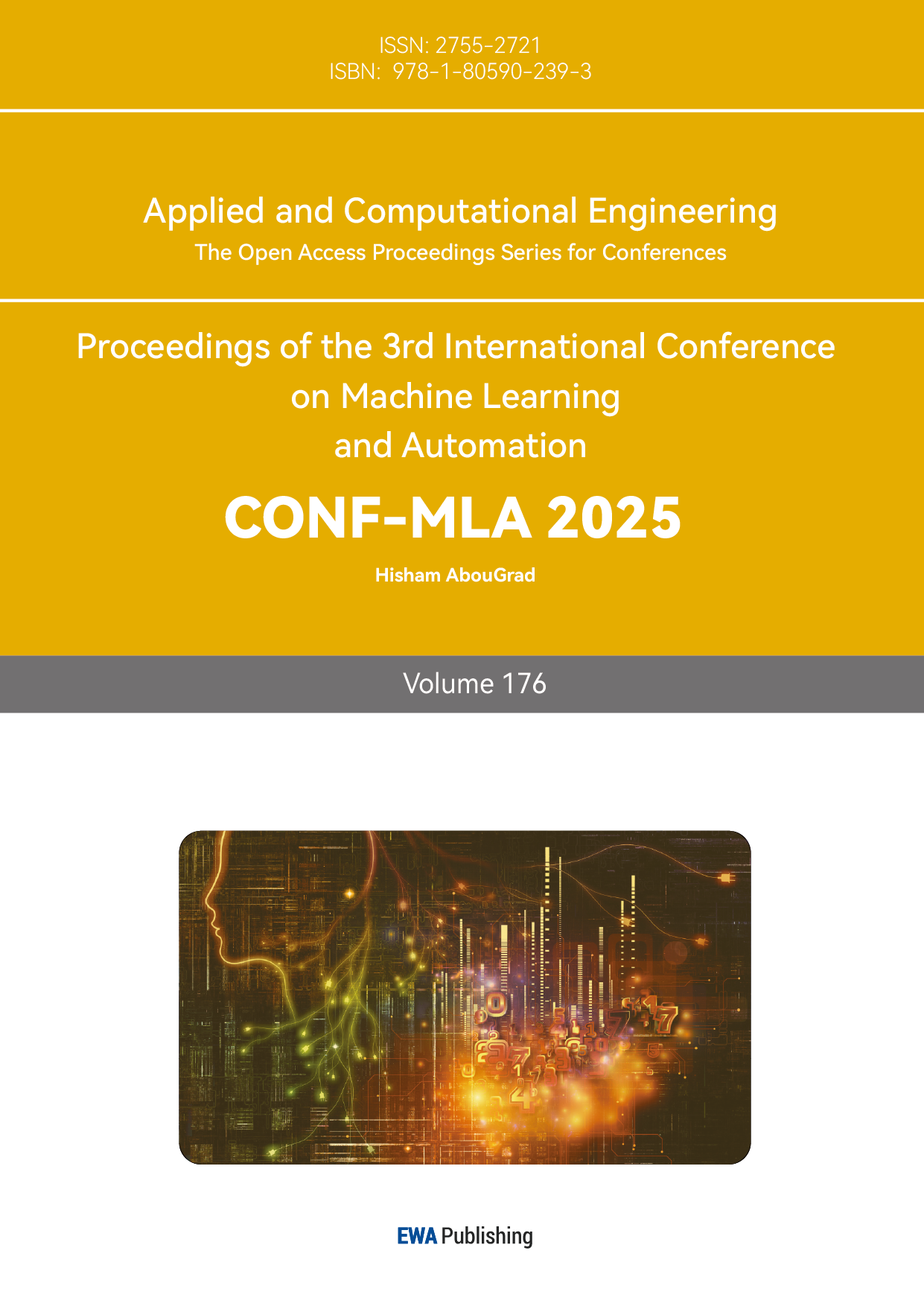References
[1]. Nielsen, C. (2023). ESG reporting and metrics: From double materiality to key performance indicators. Sustainability, 15(24), 16844. https://doi.org/10.3390/su152416844
[2]. Erin, O. A., Bamigboye, O. A., & Oyewo, B. (2022). Sustainable development goals (SDG) reporting: An analysis of disclosure. Journal of Accounting in Emerging Economies, 12(1), 1–23. https://doi.org/10.1108/JAEE-12-2021-03082
[3]. Molnár, P., Suta, A., Lukács, B., & Tóth, Á. (2024). Linking sustainability reporting and energy use through global reporting initiative standards and sustainable development goals. Clean Technologies and Environmental Policy. https://doi.org/10.1007/s10098-024-03044-1
[4]. Bronzini, M., et al. (2023). Glitter or gold? Deriving structured insights from sustainability reports using large language models. arXiv preprint arXiv:2310.05628. https://arxiv.org/pdf/2310.05628
[5]. Sachs, J., Kroll, C., Lafortune, G., Fuller, G., & Woelm, F. (2021). The decade of action for the sustainable development goals: Sustainable development report 2021. Cambridge University Press. https://sdgtransformationcenter.org/reports/sustainable-development-report-2021sdgtransformationcenter.org
[6]. Bamigboye, O. A., Erin, O. A., & Oyewo, B. (2022). Sustainable development goals (SDG) reporting: An analysis of disclosure. Journal of Accounting in Emerging Economies, 12(1), 1–23. https://doi.org/10.1108/JAEE-12-2021-03082
[7]. Essig, T., & Thoma, M. (2021). Leveraging the SDGs and deep learning to evaluate companies' sustainability efforts. Master's thesis, Copenhagen Business School. https://research.cbs.dk/files/68333871/1113575_Master_Thesis_Essig_Thoma_20210516.pdfresearch.cbs.dk
[8]. Kumar, R., & Sharma, A. (2023). Composite or component-wise ESG reporting: A tangle. Vision: The Journal of Business Perspective. https://doi.org/10.1177/09726225241264618
[9]. Molnár, P., Suta, A., Lukács, B., & Tóth, Á. (2024). Linking sustainability reporting and energy use through global reporting initiative standards and sustainable development goals. Clean Technologies and Environmental Policy. https://doi.org/10.1007/s10098-024-03044-1
[10]. Bronzini, M., et al. (2023). Glitter or gold? Deriving structured insights from sustainability reports using large language models. arXiv preprint arXiv:2310.05628. https://arxiv.org/pdf/2310.05628



